
StandardFusion GRC Blog
Search Blog
Search Blog

Jun 25, 2025
Risk

Jun 18, 2025
Vendor

Jun 12, 2025
GRC

Jun 25, 2025
Risk

Jun 18, 2025
Vendor

Jun 25, 2025
Risk

Jun 18, 2025
Vendor

Jun 26, 2025
Risk
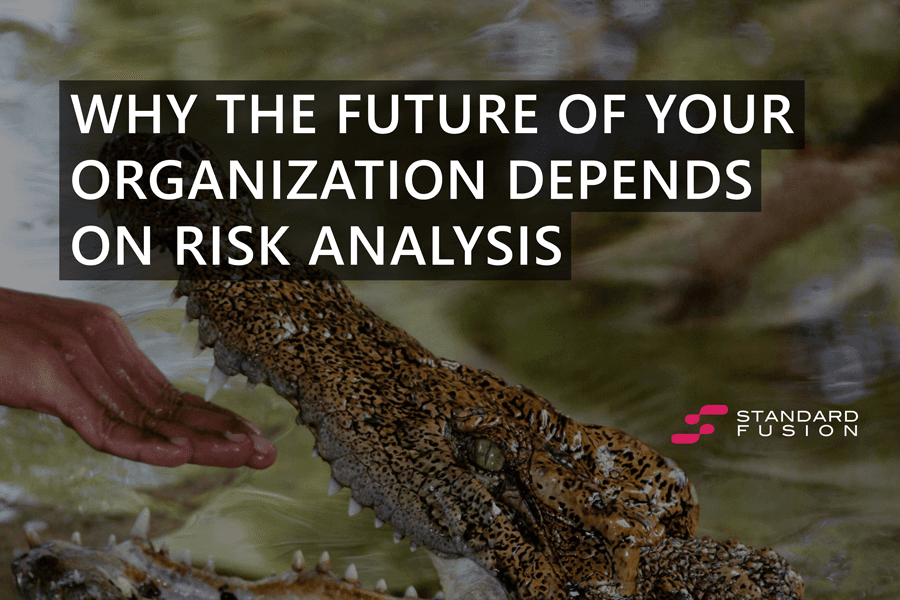
Jun 26, 2025
Risk

Jun 25, 2025
Risk

Jun 26, 2025
Risk

Jun 26, 2025
Risk

Jun 26, 2025
Risk

Jun 26, 2025
Risk
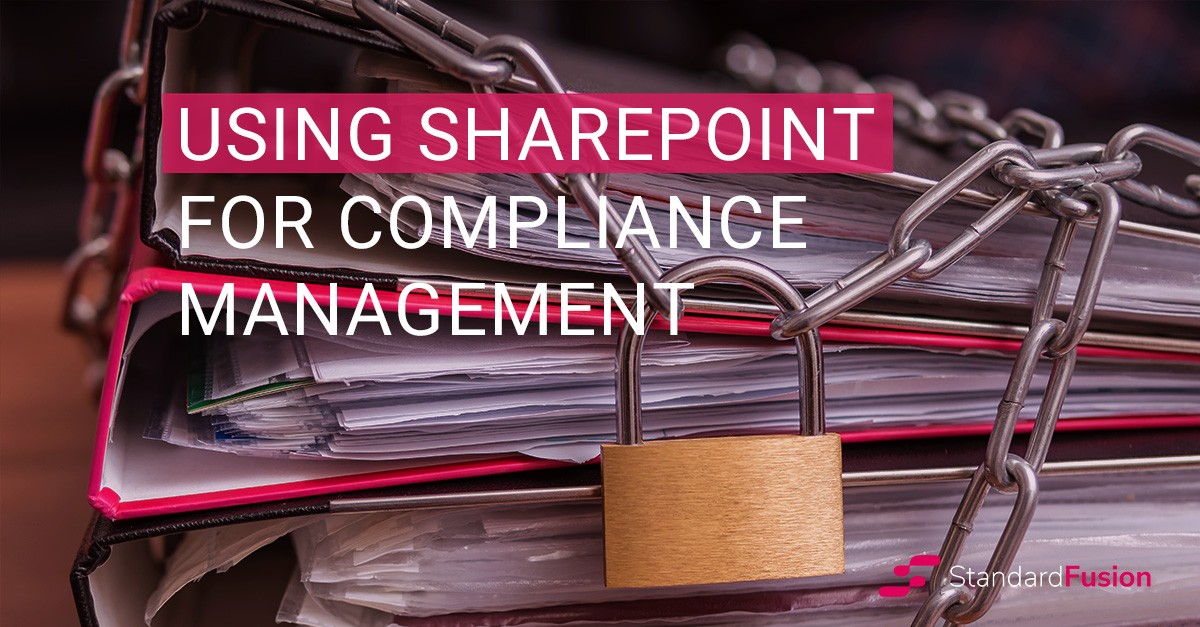
Jul 3, 2025
Compliance
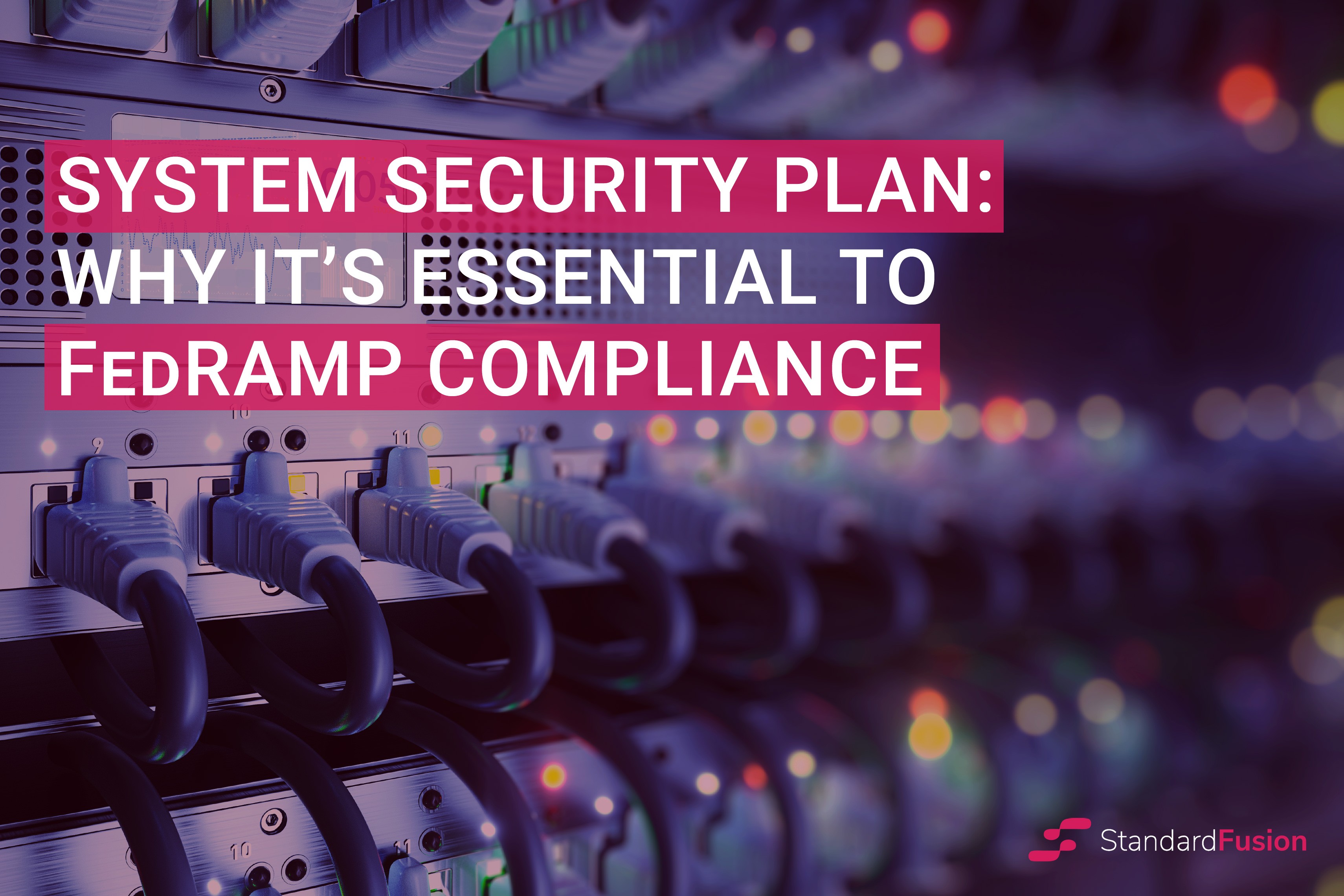
Jul 3, 2025
Compliance

Jun 12, 2025
Compliance

Jul 3, 2025
Compliance

Jul 3, 2025
Compliance

Jul 3, 2025
Compliance

Jul 3, 2025
Compliance

Jun 11, 2025
GRC

Jun 11, 2025
GRC

Jun 9, 2025
GRC

Jun 11, 2025
GRC

Jun 11, 2025
GRC

Jun 11, 2025
GRC

Jun 11, 2025
GRC
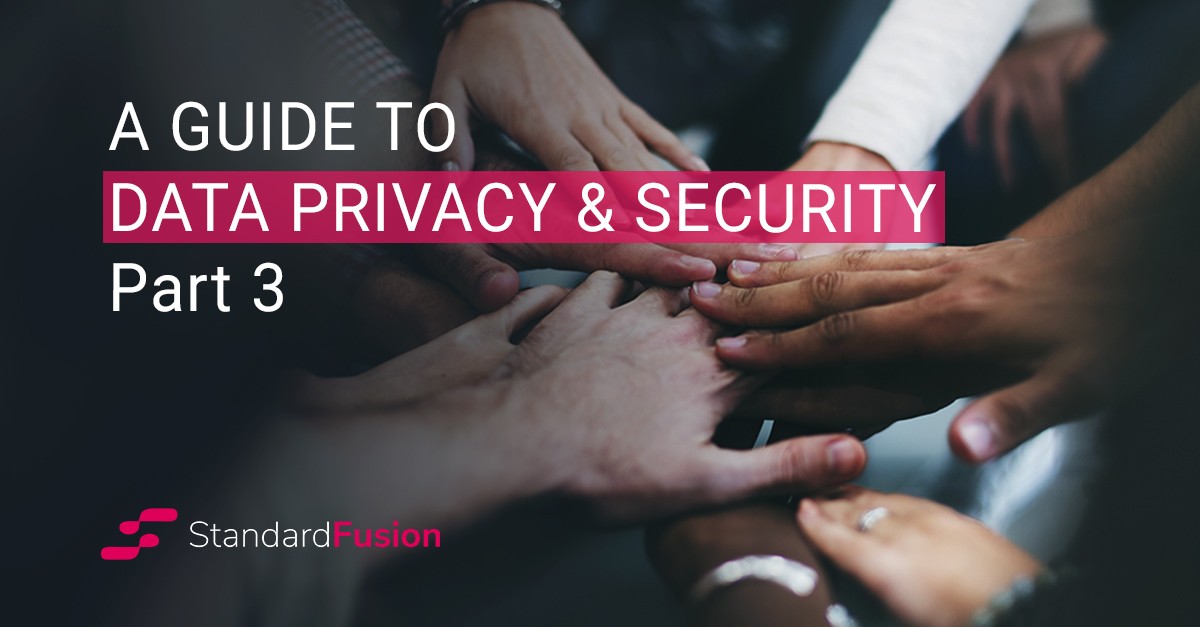
Jul 4, 2025
Privacy
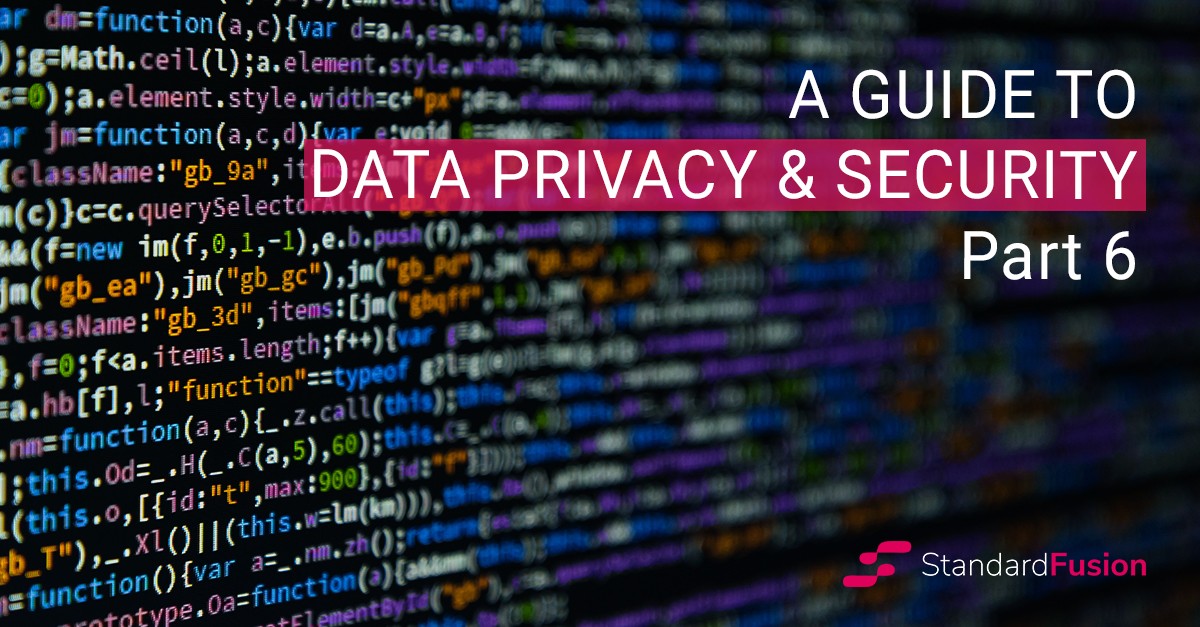
Jun 23, 2025
Privacy

Jun 19, 2025
Privacy

Jul 4, 2025
Privacy

Jun 23, 2025
Privacy

Jul 4, 2025
Privacy

Jun 23, 2025
Privacy

Jun 20, 2025
Vendor

Jun 18, 2025
Vendor

May 28, 2025
Vendor

Jun 20, 2025
Vendor

Jun 18, 2025
Vendor

Jun 20, 2025
Vendor

Jun 18, 2025
Vendor

May 28, 2025
Audit

Mar 25, 2025
Audit

Mar 20, 2025
Audit

May 28, 2025
Audit

Mar 25, 2025
Audit

May 28, 2025
Audit

Mar 25, 2025
Audit
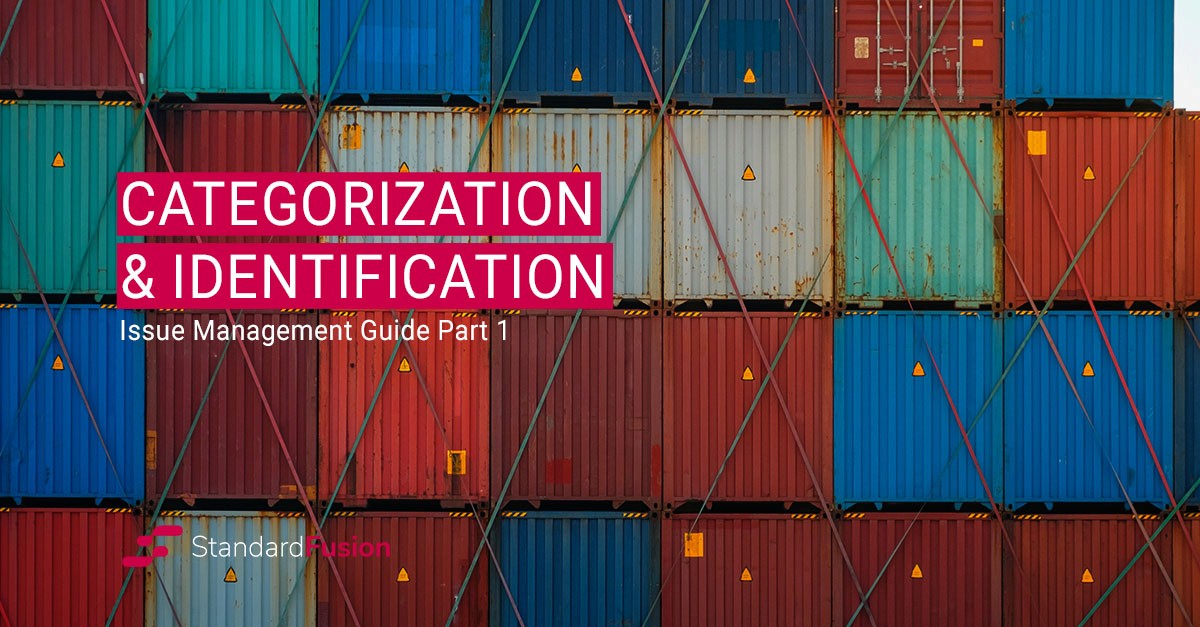
Jun 20, 2025
Incident

Jun 2, 2025
Incident

May 22, 2025
Incident

Jun 20, 2025
Incident

Jun 2, 2025
Incident

Jun 20, 2025
Incident

Jun 2, 2025
Incident
Solutions
Company
Copyright © 2015 - 2025 StandardFusion. All Rights Reserved.
Solutions
Company
Copyright © 2015 - 2025 StandardFusion. All Rights Reserved.
Solutions
Company
Copyright © 2015 - 2025 StandardFusion. All Rights Reserved.


